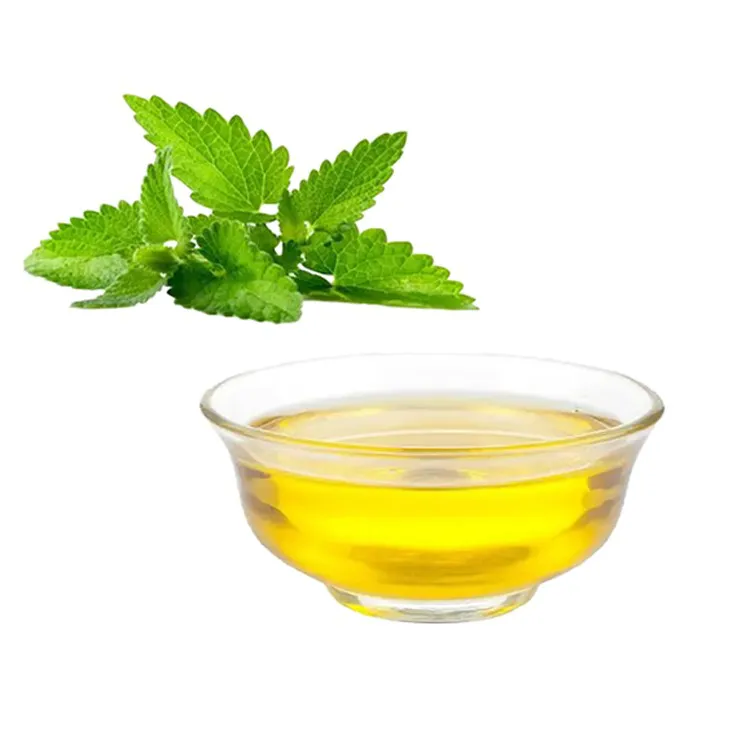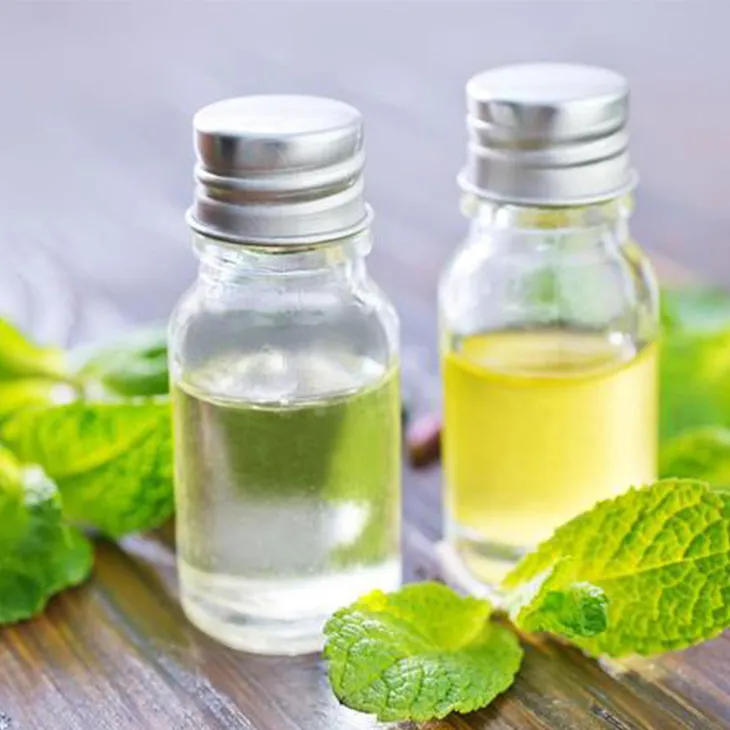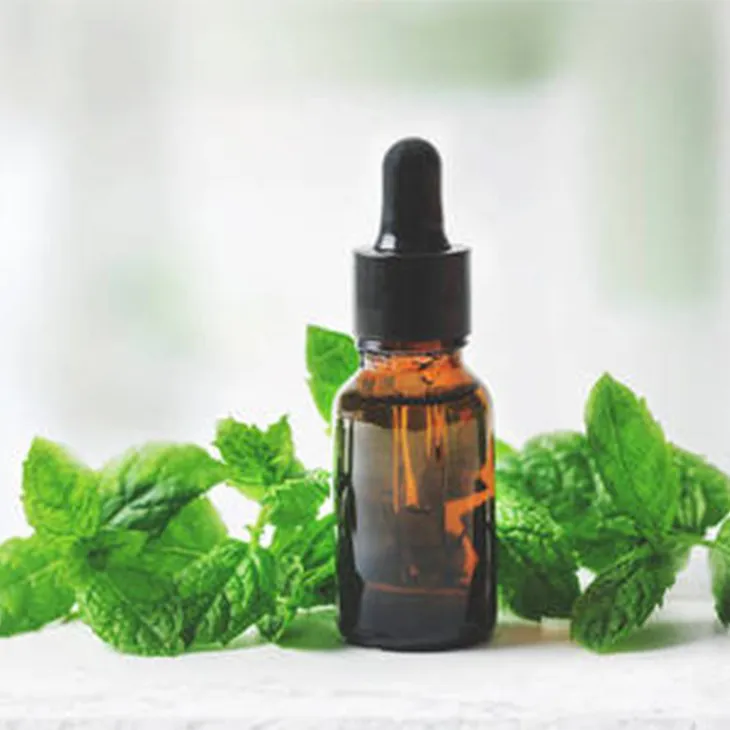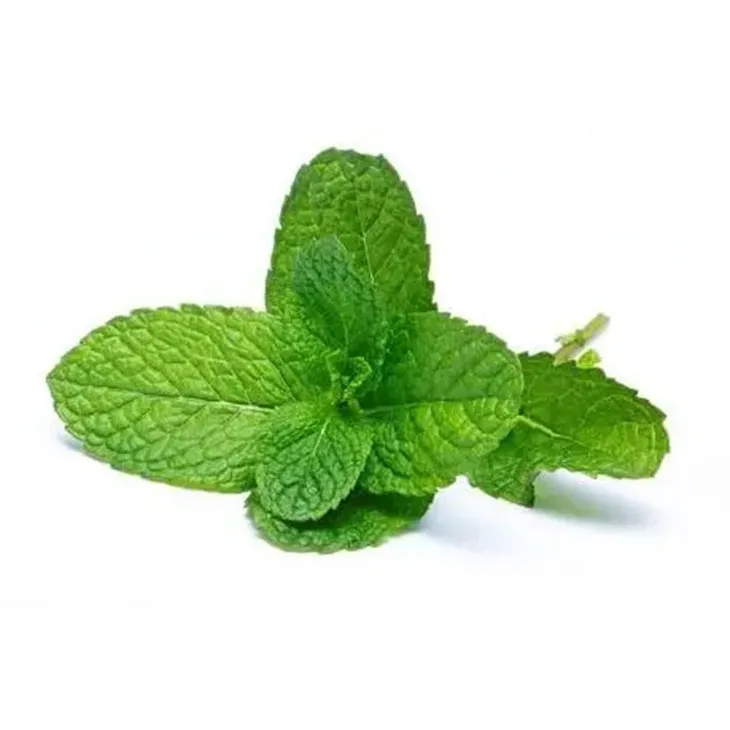- 0086-571-85302990
- sales@greenskybio.com
What is peppermint oil? Definition, types, history and nutritional value.
2024-12-22

1. Definition
Peppermint Oil is a concentrated liquid that is extracted from the peppermint plant. The extraction process is crucial as it carefully preserves the active compounds within the plant. The two main active components in Peppermint Oil are menthol and menthone.
Menthol is perhaps the most well - known component of Peppermint Oil. It gives peppermint its characteristic cool and refreshing sensation. Menthol has the ability to interact with the body's sensory receptors, which is why it can create a cooling effect on the skin or in the mouth. Menthone, on the other hand, also contributes to the overall properties of peppermint oil, working in harmony with menthol.
These active compounds are what make peppermint oil so unique. They are responsible for its various properties, which range from its pleasant aroma to its numerous health - promoting effects. Peppermint oil is often used in a variety of products, from oral care items like toothpaste and mouthwash to topical creams and even in some food and beverage products for flavoring.

2. Types
2.1 Pure Peppermint Oil
Pure peppermint oil is highly concentrated and is primarily used for medicinal purposes. It contains a high percentage of the active compounds, menthol and menthone. Due to its strength, it needs to be used with caution. It can be used in aromatherapy, for example, by adding a few drops to a diffuser. Inhaling the vaporized peppermint oil can have a range of effects on the body, such as relieving headaches or reducing nausea.
2.2 Diluted Peppermint Oil
There are diluted versions of peppermint oil available. These are designed for topical use or for those who are sensitive to the strong concentration of pure peppermint oil. Diluted peppermint oil is often mixed with a carrier oil, such as coconut oil or jojoba oil. This makes it safer to apply directly to the skin. It can be used to soothe muscle aches, as the menthol in the peppermint oil can create a cooling and relaxing effect on the muscles.
2.3 Organic Peppermint Oil
Organic peppermint oil is produced without the use of synthetic pesticides or fertilizers. This type of peppermint oil is becoming increasingly popular as more people are seeking natural and organic products. Organic peppermint oil is not only better for the environment but also may be considered a higher - quality option for those who are concerned about potential chemical residues in non - organic products. It can be used in the same ways as other types of peppermint oil, whether for medicinal, topical, or aromatic uses.

3. History
The use of peppermint has a long and rich history that dates back to ancient times.
3.1 Ancient Origins
Peppermint was first discovered in the Mediterranean region. It was likely used by the ancient Egyptians for various purposes. The plant's refreshing aroma and potential health - promoting properties made it a valuable commodity. It was also used in ancient Greek and Roman cultures. The Greeks, for example, were known to use peppermint in their baths for its invigorating and cleansing properties.
3.2 Spread through Trade
As trade routes expanded, peppermint was spread across different regions. It was carried along the Silk Road and other major trade routes. This led to its introduction to new cultures and regions, where it was further developed and used in different ways. In the Middle East, peppermint became an important ingredient in traditional medicine and cooking.
3.3 Medieval Europe
In medieval Europe, peppermint was widely used in herbal remedies. Monasteries were often centers for the cultivation and use of medicinal plants, and peppermint was among the plants that were carefully tended and used to treat various ailments. It was used to treat digestive problems, as its ability to relax the muscles of the gastrointestinal tract was recognized even in those times. It was also used to relieve headaches and fevers.
3.4 Native American Use
Native Americans also had their own uses for peppermint - related plants. They used these plants for both medicinal and ceremonial purposes. For example, they used peppermint - like plants to treat coughs, colds, and stomachaches. The plants were also used in purification rituals and as part of traditional medicine practices that had been passed down through generations.

4. Nutritional Value
Peppermint oil has significant health - promoting properties that can be attributed to its unique composition.
4.1 Digestive Aid
One of the most well - known benefits of peppermint oil is its ability to aid in digestion. The menthol in peppermint oil relaxes the muscles of the gastrointestinal tract. This can help to relieve symptoms such as abdominal cramps, bloating, and indigestion. It can also stimulate the flow of bile, which is important for the proper digestion of fats. Peppermint oil can be taken orally in a diluted form, or it can be used in aromatherapy to indirectly affect the digestive system.
4.2 Respiratory Benefits
Peppermint oil has a positive impact on the respiratory system. It can help to clear congestion in the sinuses and lungs. When inhaled, the menthol in the oil can act as a decongestant, opening up the airways and making it easier to breathe. It can also soothe irritated throats and coughs. This is why peppermint - flavored products are often used to relieve cold and flu symptoms.
4.3 Anti - Stress and Anti - Anxiety Effects
The aroma of peppermint oil has been shown to have anti - stress and anti - anxiety effects. When used in aromatherapy, it can help to calm the mind and reduce feelings of stress and anxiety. This is likely due to the way the aroma interacts with the brain's limbic system, which is involved in emotions and memory. By reducing stress and anxiety, peppermint oil can contribute to overall well - being.
4.4 Other Potential Benefits
Peppermint oil may also have other potential benefits. Some studies suggest that it may have anti - microbial properties, which could help in fighting off certain infections. It may also have anti - inflammatory effects, which could be beneficial for conditions such as arthritis or skin inflammation. However, more research is needed to fully understand these potential benefits.

5. Conclusion
Peppermint oil is a remarkable substance with a long history of use and a wide range of benefits. Its definition as a concentrated liquid with specific active compounds gives it its unique properties. The different types of peppermint oil, including pure, diluted, and organic, offer options for various applications. Its historical use across different cultures and regions shows its versatility and importance. And its nutritional value, with benefits for digestion, respiration, stress reduction, and potentially more, makes it a valuable addition to natural health remedies. Whether used in aromatherapy, topical applications, or for its potential internal health benefits, peppermint oil continues to be an important and widely - used essential oil.
FAQ:
What is the main extraction source of peppermint oil?
Peppermint oil is a concentrated liquid mainly extracted from the peppermint plant. The extraction process is designed to preserve its active compounds such as menthol and menthone.
What are the differences between pure and diluted peppermint oil?
Pure peppermint oil is often used for medicinal purposes. Diluted peppermint oil, on the other hand, is more suitable for topical use or for those who are sensitive to the strong concentration of pure peppermint oil.
How was peppermint oil used in medieval Europe?
In medieval Europe, peppermint oil was used in herbal remedies.
What are the benefits of peppermint oil for the digestive system?
Peppermint oil can aid in digestion by relaxing the muscles of the gastrointestinal tract.
How does peppermint oil contribute to overall well - being?
Peppermint oil has anti - stress and anti - anxiety effects, which along with its positive impacts on the digestive and respiratory systems, contribute to overall well - being.
Related literature
- The Complete Guide to Peppermint Oil: Properties and Applications"
- "Peppermint Oil in Traditional and Modern Medicine"
- "A Comprehensive Study on the Nutritional Value of Peppermint Oil"
- ▶ Hesperidin
- ▶ citrus bioflavonoids
- ▶ plant extract
- ▶ lycopene
- ▶ Diosmin
- ▶ Grape seed extract
- ▶ Sea buckthorn Juice Powder
- ▶ Beetroot powder
- ▶ Hops Extract
- ▶ Artichoke Extract
- ▶ Reishi mushroom extract
- ▶ Astaxanthin
- ▶ Green Tea Extract
- ▶ Curcumin Extract
- ▶ Horse Chestnut Extract
- ▶ Other Problems
- ▶ Boswellia Serrata Extract
- ▶ Resveratrol Extract
- ▶ Marigold Extract
- ▶ Grape Leaf Extract
- ▶ blog3
- ▶ blog4
- ▶ blog5
-
Pure 85% Tomentil Extract.
2024-12-22
-
Honeysuckle Pollen
2024-12-22
-
Panax Ginseng Leaf Extract
2024-12-22
-
Natural grape seed extract
2024-12-22
-
White mustard seed extract
2024-12-22
-
Cocoa Extract
2024-12-22
-
Hawthorn Extract
2024-12-22
-
Lycopene
2024-12-22
-
Red Wine Extract
2024-12-22
-
Tongkat Ali Extract
2024-12-22
-
Cat Claw Extract
2024-12-22





















